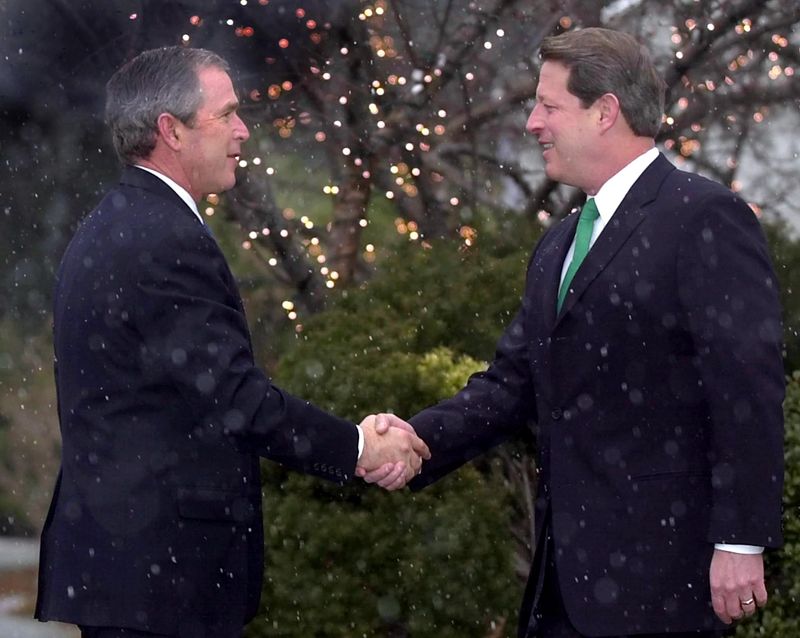
Matthew Yglesias says American democracy is doomed. I am tempted to follow the lead of the good folks at Jr. Ganymede and conclude the opposite but–also like those good folks–I think Yglesias has a point. It’s a long article and it’s worth your time, but here’s the TL;DR:
The idea that America’s constitutional system might be fundamentally flawed cuts deeply against the grain of our political culture. But the reality is that despite its durability, it has rarely functioned well by the standards of a modern democracy. The party system of the Gilded Age operated through systematic corruption. The less polarized era that followed was built on the systematic disenfranchisement of African-Americans. The newer system of more ideological politics has solved those problems and seems in many ways more attractive. But over the past 25 years, it’s set America on a course of paralysis and crisis — government shutdowns, impeachment, debt ceiling crises, and constitutional hardball. Voters, understandably, are increasingly dissatisfied with the results and confidence in American institutions has been generally low and falling. But rather than leading to change, the dissatisfaction has tended to yield wild electoral swings that exacerbate the sense of permanent crisis.
Yglesias goes on to say that, despite all these handicaps, the American political system has been incredibly lucky. And that it’s luck is potentially about to run out.
Me? I’ve got one thing to add. As quaint as it may seem, I think that we spend a little too much time focusing on the formal infrastructure of government: on the bureaucracies and the laws, the offices and the branches. The most important ingredients, I think, are the social ones. This is why I have so little interest in politics these days. It’s not just the cynicism. It’s the belief that politics is just the surface, and that the problems–and the solutions–lay in the depths below.
And now, as the preaching of the word had a great tendency to lead the people to do that which was just—yea, it had had more powerful effect upon the minds of the people than the sword, or anything else, which had happened unto them—therefore Alma thought it was expedient that they should try the virtue of the word of God. (Alma 31:5)
Modern thought generally suffers from too much subtext and not enough text.
But with politics we have the opposite problem. We focus on the formal structures and ignore the real and in some ways superior power of the bureaucracy and allies in NGOs and consultancies, the media, and legal advocacy groups